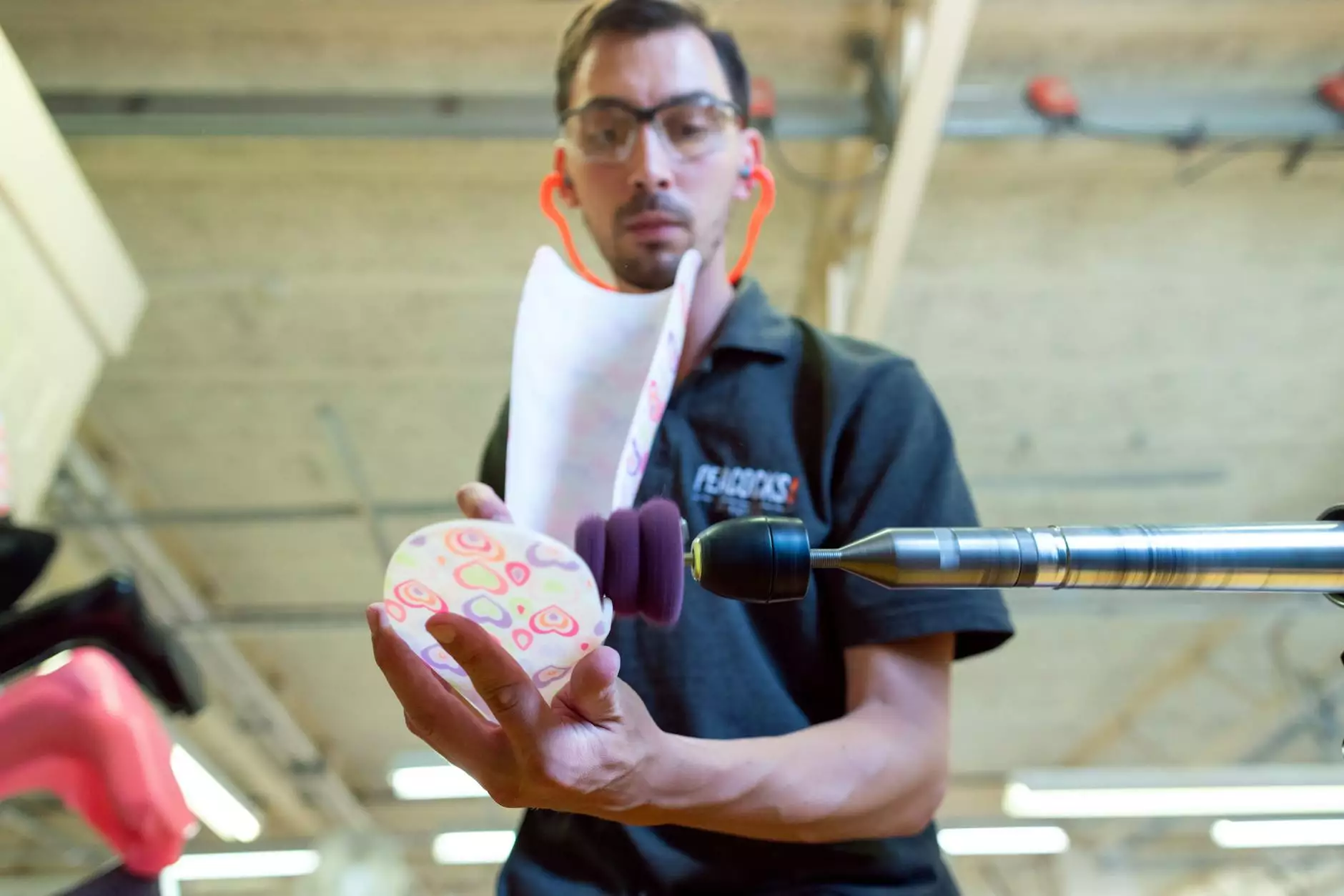The Rise of Chicken Farm Companies: Feeding the World with Quality Poultry

In recent years, the chicken farm companies have become a cornerstone of the agricultural and food industries, providing essential products that countless consumers rely on daily. As the demand for poultry continues to increase globally, these companies are stepping up their game to deliver high-quality chicken that meets the standards of both consumers and businesses. This article dives deep into the world of chicken farm companies, exploring their significance, the processes involved, and their impact on the restaurant, food, and fast food sectors.
Understanding the Importance of Chicken Farm Companies
Chicken farm companies play a critical role in ensuring food security and promoting sustainable farming practices. They supply a range of products that extend from whole chickens to processed poultry, meeting diverse culinary needs across different markets.
Sustainable Agricultural Practices
Today, many chicken farm companies are pivoting towards sustainability. This shift not only rivals traditional farming techniques but also aligns with growing consumer demand for ethically sourced products. From environmentally friendly housing for chickens to reduced carbon footprints, these companies are redefining how poultry is produced:
- Organic Farming: Some poultry farms are adopting organic practices, ensuring that their chickens are raised without synthetic pesticides or genetically modified organisms (GMOs).
- Free-Range Systems: There is a significant rise in free-range farming, which allows chickens to roam freely outdoors, promoting their health and well-being.
- Nutrition and Welfare: Many companies are investing in the nutritional needs of chickens, emphasizing welfare and a stress-free environment, which ultimately enhances the quality of meat.
Quality Standards in Poultry Production
Quality assurance is paramount for chicken farm companies. They implement strict guidelines to ensure the product's safety from farm to table. These measures include:
Hygiene and Biosecurity
Maintaining high hygiene standards is essential to prevent disease among poultry. Biosecurity protocols are in place to reduce risks associated with pathogens, ensuring that the chickens are healthy and the meat is safe for consumption.
Processing Techniques
Once the chickens are harvested, the processing stage involves meticulous practices to maintain quality. This includes:
- Temperature Control: Keeping meat at lowered temperatures to prevent bacterial growth.
- Quality Testing: Regular sampling and testing of meat for contamination to ensure food safety.
- Packaging: Innovative packaging solutions that extend shelf life while maintaining freshness.
Traceability
Consumers today demand transparency regarding the source of their food. Chicken farm companies are investing in traceability systems, enabling consumers to track the journey of their chicken from the farm to their plate.
The Economic Impact of Chicken Farm Companies
The poultry industry significantly contributes to local economies by creating jobs and fostering agricultural innovation. Chicken farm companies operate on a large scale, offering numerous employment opportunities:
- Direct Employment: Farms employ individuals for a variety of roles including feed production, veterinary services, processing plants, and transportation.
- Induced Employment: Companies also create indirect jobs in sectors like transportation, retail, and services, supporting the broader economy.
Boosting Local Economies
By purchasing locally sourced feeds and supplies, chicken farm companies support nearby businesses, thereby enriching their communities. This synergy helps in the stability of local economies and promotes growth.
Innovation in Chickens Farm Management
As the world advances technologically, chicken farms are not left behind. Cutting-edge technologies are enhancing productivity and efficiency:
- Data Analytics: Utilizing data to monitor chicken health, feed efficiency, and growth rates helps farms optimize their operations.
- Automation: Automated systems for feeding, watering, and monitoring flock conditions streamline farm management and reduce labor costs.
- Genetic Improvements: Breeding programs aimed at enhancing disease resistance and growth rates are key to meeting increasing global demands.
The Role of Chicken Farm Companies in Restaurants and Fast Food
For the restaurant and fast food industries, chicken farm companies are indispensable partners. They provide consistent and high-quality chicken that forms the basis of numerous dishes:
Menu Diversity
Chicken is a versatile ingredient that fits various cuisines, and restaurants are increasingly including poultry in their menus due to its popularity:
- Grilled Chicken: A healthier option loved by consumers.
- Fried Chicken: A fast-food staple that brings comfort to many.
- Chicken Salads: An item that appeals to health-conscious diners.
- Chicken Tacos and Burritos: Popular in fast-casual dining settings.
Consistency in Quality
Restaurants depend on the reliability of chicken farm companies to ensure a steady supply of meat that meets their quality expectations. Maintaining consistency helps restaurants build a loyal customer base and establish a strong reputation.
Adapting to Trends
With consumers becoming more health-conscious, many chicken farm companies are adapting their practices to provide options such as organic chicken, no-antibiotic poultry, and heritage breeds that appeal to niche markets.
Global Trends Influencing Chicken Farm Companies
Several global trends are shaping the strategies of chicken farm companies:
Health and Wellness Trends
As awareness of nutrition rises, consumers are gravitating toward healthier food options. Chicken is often promoted as a lean protein and is favored in diets focused on weight management. Companies are capitalizing on this trend by offering products that cater to health-conscious consumers.
Growth of E-commerce
Online food ordering and delivery services have transformed how consumers purchase food. Chicken farm companies must optimize their supply chains to accommodate this trend, ensuring quick and efficient delivery of products to restaurants and consumers alike.
Focus on Local Sourcing
More consumers prefer local products due to perceived freshness and support for local economies. Chicken farm companies are responding by sourcing ingredients closer to their farms or partnering with local producers.
Future Outlook for Chicken Farm Companies
The future of chicken farm companies looks promising as they adapt to changing market demands and continue to implement innovative practices. The key drivers for success in the industry will encompass:
- Technological Integration: Embracing technology to improve production efficiency and animal welfare.
- Consumer Engagement: Building strong relationships with end consumers through transparency and high-quality products.
- Regulatory Compliance: Meeting stringent health and safety regulations to foster trust and credibility.
Conclusion
In conclusion, chicken farm companies are more than just sources of meat; they are integral to the agricultural ecosystem, contributing to sustainable practices, economic development, and the dining experience across restaurants and fast food chains. As the industry evolves, these companies will continue to play a crucial role—not only in feeding the world but in setting standards for quality, sustainability, and innovation. With the rising importance of dietary choices, their adaptability will ensure they remain leaders in the marketplace and pivotal players in the global food supply chain.









